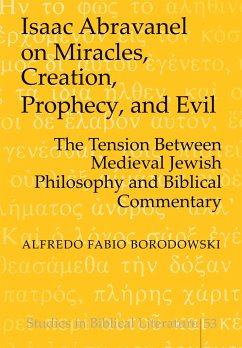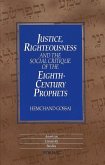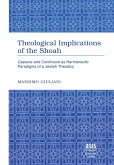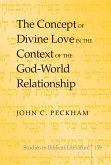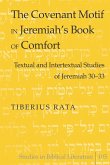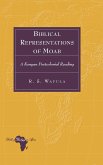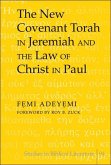How do philosophical theories influence the reading of the Bible? How did the transition from the Middle Ages to the Renaissance alter the views of God, miracles, prophecy, creation, and evil? This book explores these questions in detail through the work of Isaac Abravanel (1437-1508), a great Jewish statesman, philosopher, and biblical interpreter who embodied the fundamental paradigm shift from the Middle Ages to the Renaissance. This book also serves as an invaluable reference guide to such medieval Jewish philosophers as Saadia, Maimonides, and Gersonides, as well as some of their Muslim counterparts such as Averroes, Avicenna, and al-Ghazali, in most of the fundamental issues of philosophy and biblical interpretation.
"This is a masterful study of the way in which the giants of medieval Jewish philosophy read the Bible as a textbook in philosophy, transforming the Bible into a rich treasurehouse of answers to the perennial issues on the philosophical agenda: the existence and nature of God, miracles, prophetic inspiration, creation, the mystery of human suffering, among others. It is an indispensable guidebook for any student of Jewish philosophy!" (Neil Gillman, The Jewish Theological Seminary, New York)
"Alfredo Fabio Borodowski's sophisticated study of Isaac Abravanel's theory of miracles encompasses a wide range of important issues in the philosophy of religion, such as divine omnipotence, the nature of divine action and will, creation, and prophecy. It is especially insightful on the questions of how miracles are possible and what is their purpose. His work is also illuminating on the connection between philosophy and biblical interpretation." (Seymour Feldman, Rutgers University, New Jersey)
"Alfredo Fabio Borodowski's sophisticated study of Isaac Abravanel's theory of miracles encompasses a wide range of important issues in the philosophy of religion, such as divine omnipotence, the nature of divine action and will, creation, and prophecy. It is especially insightful on the questions of how miracles are possible and what is their purpose. His work is also illuminating on the connection between philosophy and biblical interpretation." (Seymour Feldman, Rutgers University, New Jersey)

